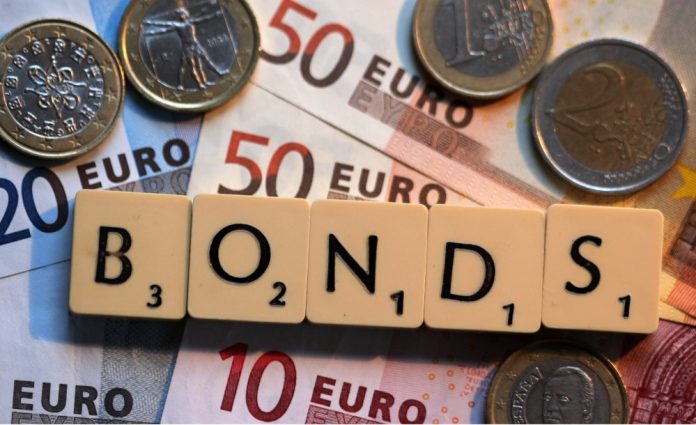The federal cabinet has waived one-dozen types of income taxes to raise around $2 billion in debt through Pakistan’s first Chinese currency-denominated bonds and Eurobonds in a bid to make borrowing relatively less expensive.
According to a report by a local media outlet, interested investors will not be required to pay up to 30pc income tax along with other taxes from now on.
The development is followed by the Ministry of Finance’s suggestion that sovereign bonds would be “less appealing to international investors” without exemptions.
It underscored that without such exemption, the transaction cost made the government of Pakistan’s paper much less appealing to international investors, resulting in higher pricing for the offering. “All past Eurobonds and international Sukuk were granted similar exemptions,” it added.
The Finance Ministry also informed the Cabinet that it was in the process of floating three types of sovereign instruments – Eurobonds, Sukuk (Islamic bonds) and Panda bonds – to acquire debt.
It is pertinent to mention here that the ministry is targeting to raise $2 billion from global markets, including around $250 to $300 million from Chinese capital markets through Panda bonds, said the sources. It will be the first-ever capital market transaction in China.
The exact pricing of debt will depend on investors’ appetite but authorities believe that the cost may be around 5.5pc to 6.5pc, depending on the instrument and maturity. The federal government has recently offered a very high interest rate to overseas Pakistanis on investments in digital accounts.
The Federal Board of Revenue (FBR) has endorsed the tax exemptions.
























